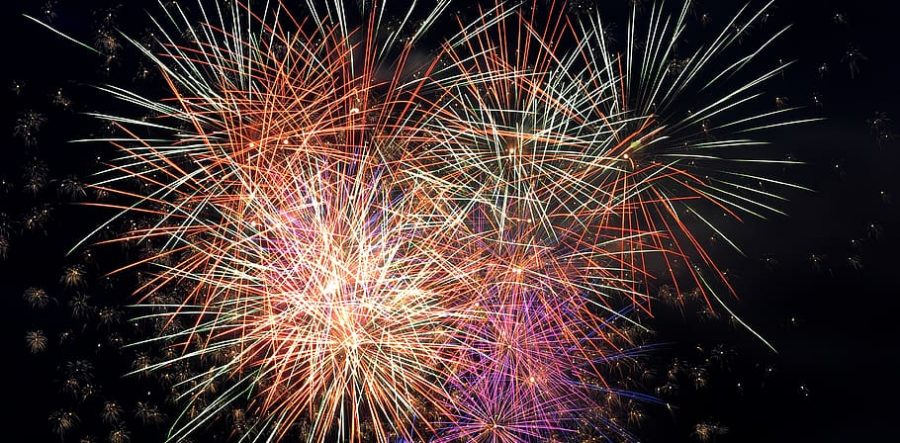Many Years of Resolutions
January 9, 2020
“New year, new me” is a commonly heard phrase at the beginning of every year, as the fresh start offered by a new year motivates thousands of people to make New Year’s resolutions. Through these resolutions, people promise themselves that they will be better than they were in the past. Even though about 40% of all Americans participate in this tradition, few people actually know the long history of making New Year’s resolutions. Despite this, New Year’s resolutions have an intriguing origin that more people should be aware of.
The Ancient Babylonians are the first people with recorded New Years celebrations. Their start-of-the-year festivities included honoring higher powers, such as kings or gods. At the beginning of each year, Ancient Babylonians made pledges to the gods, swearing to return stolen objects or repay debts. In a way, these promises were very similar to the New Year’s resolutions that people make today. The Babylonians believed that honoring their promises to the gods would bring them good fortune throughout the entire year. Nowadays, people have a similar attitude to the Ancient Babylonians, expecting their lives to dramatically improve after making New Year’s resolutions. In summary, the earliest New Year’s celebrations are the root of modern New Year’s traditions, such as making resolutions.
In Ancient Rome, the new year was all about honoring the god Janus. Janus symbolizes new beginnings, especially including the beginning of a new year. According to Ancient Romans, the beginning of a new year was an opportunity to look back at the year that had passed and look ahead at the years to come. In addition, they believed that swearing good behavior to the god Janus meant that they were guaranteed a good year. The new year was seen as a chance to start over. Evidently, the Ancient Romans had traditions at the start of the new year which were very similar to the ones in today’s society. This is because Ancient Romans made promises to the god Janus, and now, people make promises to themselves in the form of New Year’s resolutions .
As previously mentioned, people have been making New Year’s resolutions for thousands of years. In historical societies where the new year was celebrated, people often tried to satisfy their gods with pledges of improving their behavior. Somewhere along the line, New Years celebrations shifted away from their religious beginnings. Now, New Year’s resolutions can be made by anybody, about anything. However, the effect of New Year’s resolutions have always allowed people to improve their lives by setting positive goals, even as traditions have changed.
In conclusion, various forms of New Year’s resolutions have remained in human celebration throughout millennia. By learning more about the historical celebrations of the New Year’s, a lot about the way traditions have been shaped is revealed. Therefore, learning about the history of the New Year’s resolution gives this practice a more interesting meaning.
Sources:
https://www.google.com/amp/s/www.history.com/.amp/news/the-history-of-new-years-resolutions
https://www.google.com/amp/s/amp.cnn.com/cnn/2020/01/01/health/keeping-new-years-resolutions-wellness/index.html


